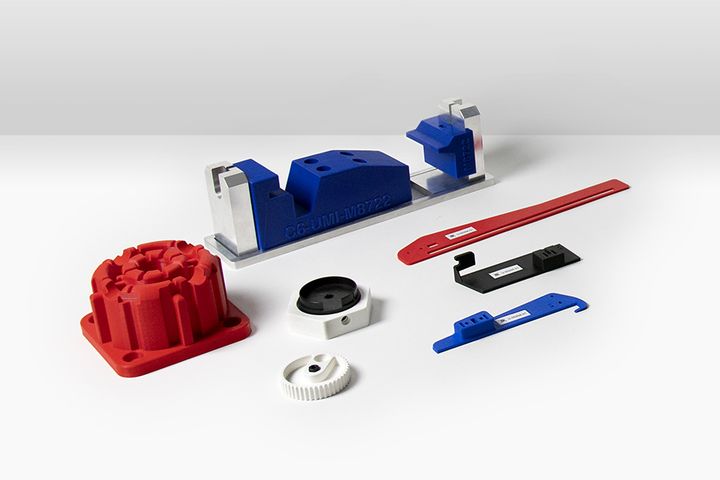
I’ve been looking at several material announcements lately from 3D printer manufacturers and am noticing a trend.
Today’s announcement came from Barcelona-based BCN3D, makers of the popular Sigma and Epsilon 3D printer lines, who describe the addition of two new materials to their product line.
Specifically, they added a Tough PLA and BVOH for soluble support. These are excellent materials that would be of use in many applications.
But what caught my eye about the announcement was this:
“Thanks to our ongoing collaboration with Mitsubishi Chemical (MCPP) and BASF, two new standard 3D printing materials have arrived at BCN3D.”
Aha, so we know the suppliers of these materials. In almost every case, 3D printer manufacturers do not produce their own materials and depend on other suppliers, such as Mitsubishi and BASF in this case.
Chemical Partnerships
This type of announcement is becoming common: manufacturers proudly announce they have partnered with notable chemical companies to supply materials.
And it’s more than just that: the materials will typically be certified for use on the equipment. This means they are not only tested, but that optimal print profiles have been developed and could be distributed to clients wishing to use them.
Print profiles are also becoming a standard, as they short-circuit the trial-and-error approach of determine the best parameters for a new material. This takes up much time and cost by clients, so having profiles — and access to a standard set of materials — is highly beneficial for many 3D printer operators.
Consistency is the goal: customers want to 3D print objects with known properties, and that happens only when you use the same machine, the same parameters and the exact same material.
This is not possible when one of those three things change. Usually the 3D printer itself doesn’t change because they’re purchased infrequently by most clients. Print profiles can be supplied by the manufacturer, guaranteeing consistency.
Then there’s the material. It no longer seems adequate to simply say “this is ABS”, because “ABS” can be slightly different between suppliers. It would be far more consistent to say this is BASF ABS [product number], because the big chemical companies essentially guarantee the formula for a chemical product does not vary.
I’m seeing this pattern so frequently these days that it seems clear a 3D printer manufacturer had better make arrangements with chemical companies to provide brand-name materials for their equipment, in addition to providing well-tuned print profiles.
3D printer manufacturers that don’t, do so at their peril.
Via BCN3D
